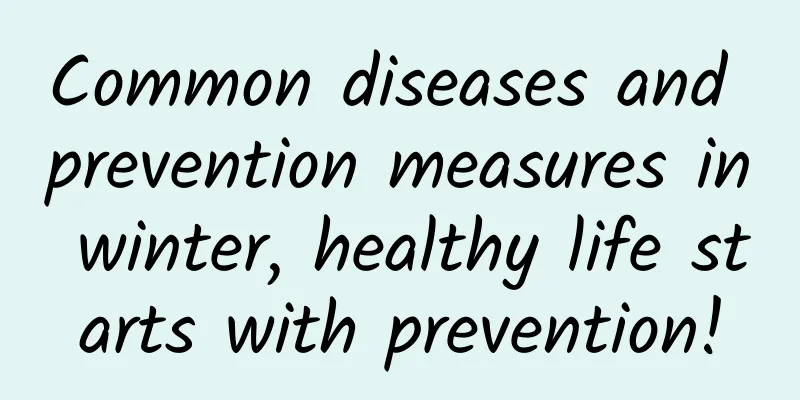Symptoms of postpartum depression in pregnant women

|
Pregnant women are very likely to suffer from depression after giving birth. Our husbands need to help their wives with relevant psychological counseling after giving birth, and take more care of the children so that women have enough time to recover. Therefore, every new mother should learn to relax herself, because many times the baby’s crying and illness will make the mother upset, thus causing symptoms of depression. Symptoms of postpartum depression Every new mother should be sincerely happy about the arrival of her baby, even though she may feel upset and depressed because of the baby's crying, illness, etc. Most new mothers can adjust their emotions quickly and devote their energy to taking care of their babies, but some new mothers fall deeper and deeper into this negative emotion, and postpartum depression develops into postpartum depression. The term postpartum depression is defined as a short-term emotional disorder characterized by depression that occurs after childbirth. Symptoms range from brief low mood to severe depression accompanied by anxiety and fear, indifference and hostility towards the baby and her husband, and sleep disorders. The severity of your depression depends on how intense these feelings are and whether you have more bad days than good days. More than half of postpartum depression cases occur within 6 weeks after delivery, with the peak at 10 weeks, and may last for several years or longer. The symptoms vary depending on the degree of depression. The main manifestations of postpartum depression are as follows, but not all symptoms will be manifested. Physiological manifestations 1. Depression can lead to poor appetite and thus weight loss; 2. Prone to insomnia, early sleep, fatigue and weakness; 3. Depression can reduce the function of the immune system, making people more susceptible to diseases such as coronary heart disease, asthma, headaches and ulcers. Emotional manifestations 1. Easily anxious, always worrying about the baby and their own physical condition; 2. Easily irritated, lose temper with family members for no reason, and even the smallest things can cause dissatisfaction; 3. Fear and panic, always imagining that the baby will die suddenly, major changes will happen in the family, etc. Cognitive performance 1. Lack of concentration, slow thinking, slow reaction, and forgetfulness; 2. Difficulty in making decisions, lack of initiative and confidence; 3. Lack of interest or pleasure in most activities; 4. Feeling that life is useless or guilty; 5. Sometimes it is difficult to arouse interest in the baby and you may even feel disgusted with him, and then you will blame yourself. Behavioral performance 1. Crying for no apparent reason; 2. Adopting negative lifestyles such as alcoholism and drug abuse; 3. Lack of exercise and unwillingness to exercise; 4. Unwilling to participate in social activities; 5. Being disgusted with the world and having suicidal thoughts, tendencies towards self-harm and suicide. |
<<: Is breast pain normal after egg retrieval?
Recommend
Mastitis fever
Mothers who are breastfeeding are immersed in the...
What to do if uterine prolapses for the second degree
There are many reasons for uterine prolapse, and ...
Question about whether irregular menstruation affects fertility
Menstrual irregularities occur in many women, oft...
How can I get pregnant quickly?
Babies are the hope of their parents and the flow...
Is it normal to have brown discharge during early pregnancy?
Is it normal to have brown secretions in early pr...
Thigh pain in 7 months of pregnancy
Every woman has a very difficult time after pregn...
Will I still have miscarriage after taking the pregnancy-preserving injection?
Women are very likely to have miscarriage in the ...
What are the methods for women to maintain their private parts?
Women should learn to take care of their bodies. ...
How effective is gynecological leucorrhea ointment in treating diseases
Aiming at the common causes of abnormal leucorrhe...
Frostbite on the skin, treatment can save lives! Doctors tell you how to prevent and treat it
During the National Day holiday, I rewatched The ...
What to do if you have no topics to talk about in a relationship? How to start a conversation in a relationship
Regarding the issue of having no topics to talk a...
When is the best time to plant Clivia? What is the structure of Clivia?
Clivia does have a good meaning and is ornamental...
How long does it take to recover from a laparoscopic hysterectomy?
For some reasons, female friends are more likely ...
Causes of hydrosalpinx on one side
When women feel uncomfortable, they need to have ...









